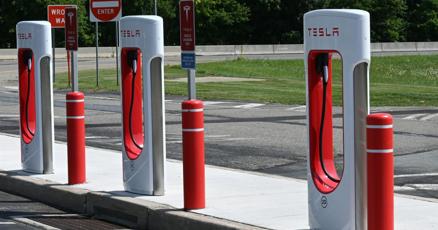Climate Crossroads: How States Are Navigating Federal Policy Turbulence

The state capitol is buzzing with anticipation as lawmakers prepare to tackle critical energy and environmental legislation. Governor's affordability bill and an upcoming environmental bond bill are set to take center stage, promising significant policy developments in the coming weeks. During a recent Senate session, legislators hinted at the imminent arrival of these transformative proposals, signaling a potential breakthrough in addressing key environmental and economic challenges facing the state.
Senators are actively discussing the details of these bills, which are expected to introduce innovative approaches to sustainability, energy efficiency, and economic relief. The collaborative atmosphere suggests a potential bipartisan effort to create meaningful policy changes that could benefit residents across the state.
